ERN GENTURIS Spotlights
ERN GENTURIS Spotlights
In the Spotlights: Meet Assoc. Prof. Charlotte Kvist Lautrup
Posted on 11 September 2023
Name: Charlotte Kvist Lautrup 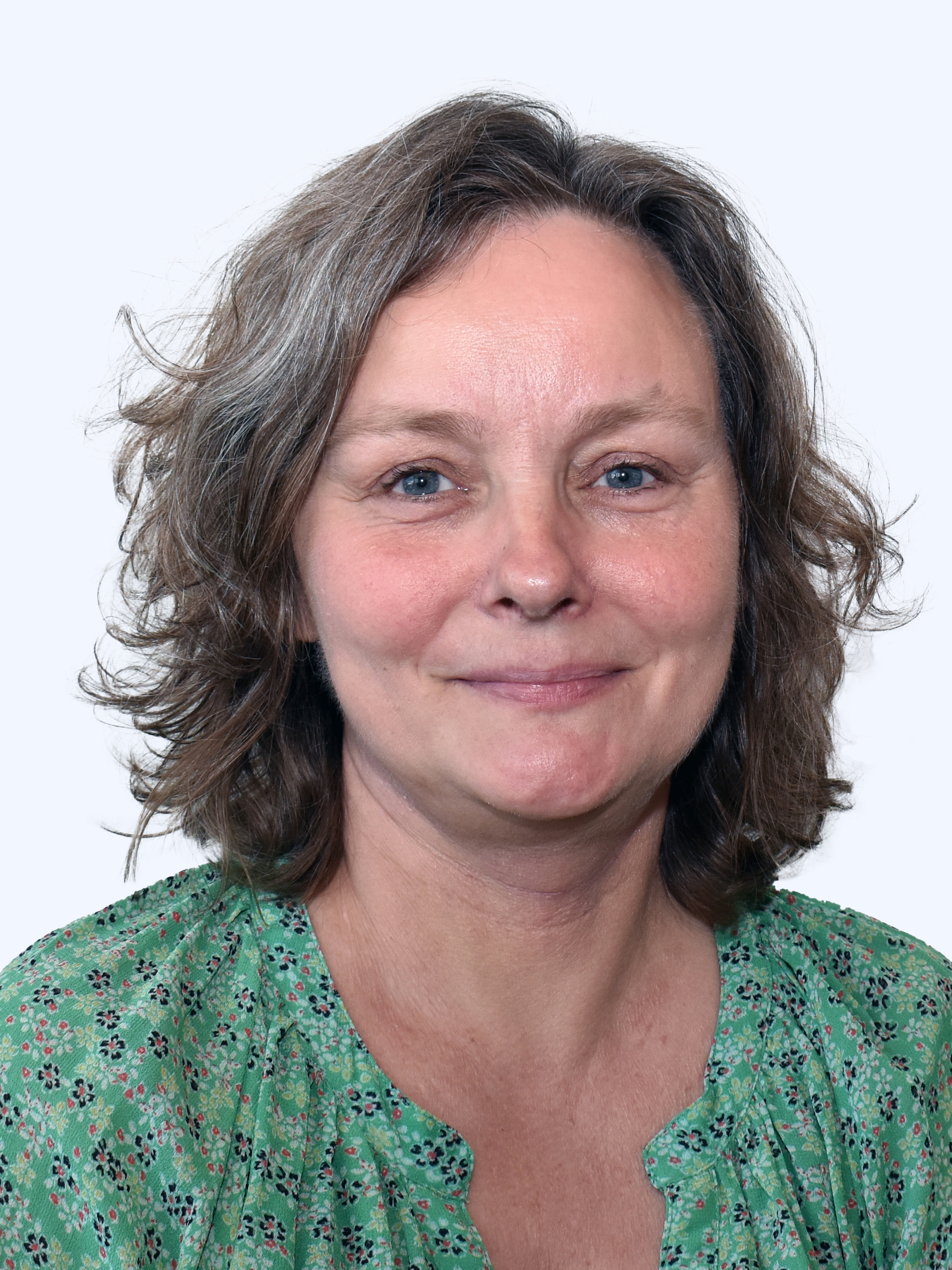
City: Aarhus, Denmark
Institution: Aarhus University Hospital
Position: Consultant, Clinical Geneticist, Associate Professor
Could you tell us about your academic and/or professional background? Why did you choose this career?
I am medical doctor with a lifelong interest in genetics; therefore, clinical genetics was an obvious choice for me. My PhD was on familial colorectal cancer, and since then my work has primarily been in the field of hereditary cancer predisposition.
Which of the rare genetic tumour risk syndromes (GENTURIS) area of expertise do you represent?
Hereditary predisposition to colorectal cancer and polyposis and pediatric oncogenetics. I also have a special interest in Li Fraumeni and PTHS.
How did you become involved in ERN GENTURIS and what do you believe are the benefits to joining?
I joined as part of the hospital’s application for membership. I believe that ERN GENTURIS will raise awareness on hereditary cancer predisposition on hospital, national and international level. The joint collaboration will help us acquire better knowledge on both diagnostics and management for these patients.
What challenges does ERN GENTURIS still face?
I am one of the new members, and I believe we need to focus on how new members can become well integrated in the group. There is also a challenge with making time for this valuable work in a busy daily life with clinical work.
Since joining ERN GENTURIS, what have been your goals?
My goal both now and prior to becoming part of ERN GENTURIS is getting better diagnostics and care for patients and families with hereditary cancer predisposition.
What ERN GENTURIS activities do you participate in and which are your favorite?
I have mostly participated in the CPMS meetings, which have been quite valuable. I look forward to participating in relevant working groups. One of my main interests is to ensure that targeted treatments, such as PARPi in BRCA carriers and immunotherapy for Lynch Syndrome, are considered in early stages when these patients are diagnosed with cancer. This could be an issue for GENTURIS to address.
What do you think is the main benefit of involving patients/patient representatives in ERN GENTURIS?
Whether it is research or creating guidelines, it is important that we take into account what matters to those we are trying to help.
In the Spotlights: Meet Assoc. Prof. Lenka Foretova, MD., PhD.
Posted on 7 September 2023
Name: Lenka Foretova 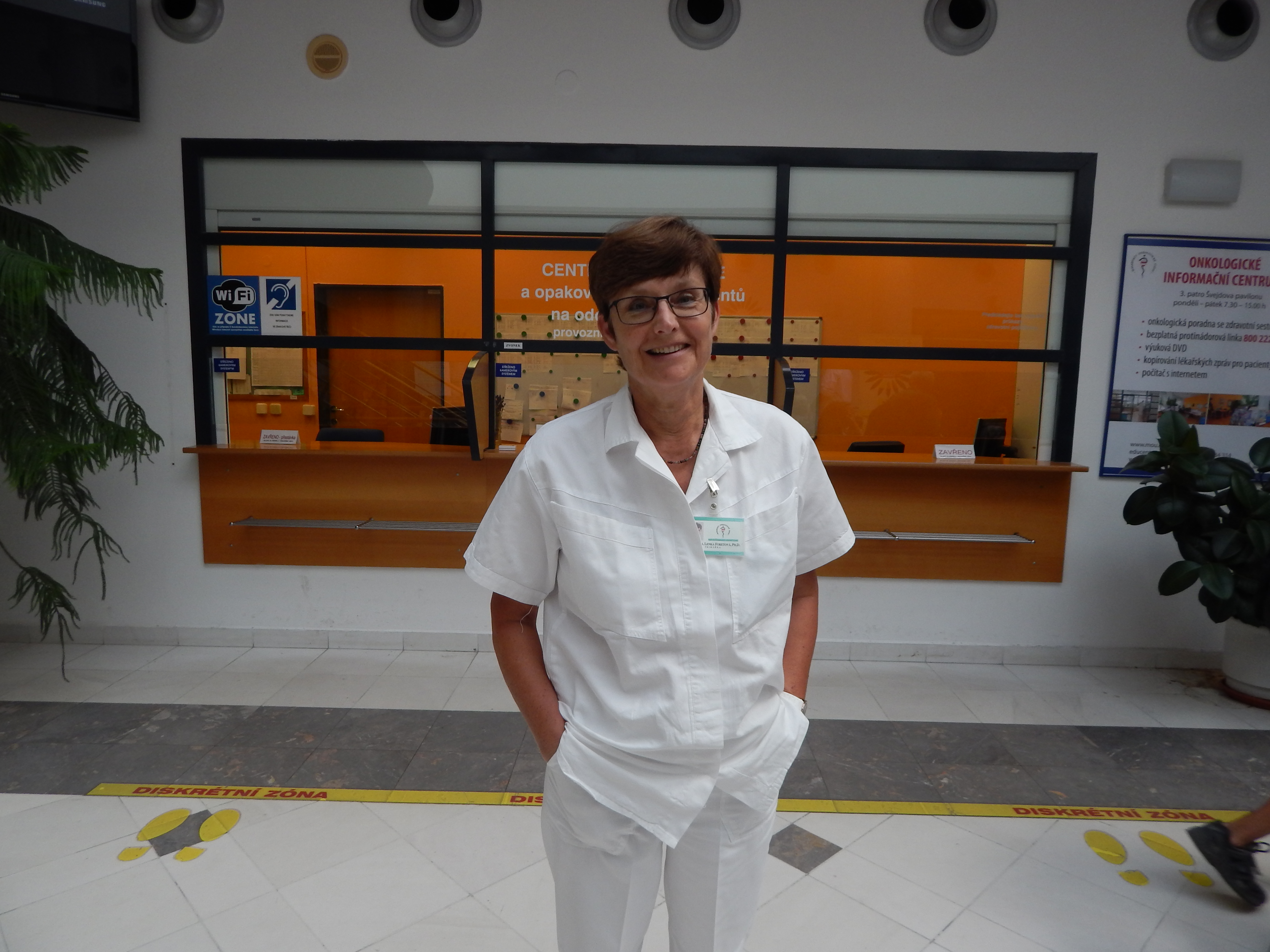
City: Brno, Czech Republic
Institution: Masaryk Memorial Cancer Institute
Position: Head of the Department of Cancer Epidemiology and Genetics
Could you tell us about your academic and/or professional background? Why did you choose this career?
In 1989, while I was working as a pediatrician, my colleague told me about a very interesting specialization, medical genetics. And in 1991, I did a specialization exam. After that, I left with my family and went to Boston, knowing that I would love to learn more about oncogenetics. Through Kathy Schneider, genetic counsellor from Dana Farber Cancer Institute, I met Prof. Frederick Li, Head of the Department of Cancer Epidemiology and Control, and started to work as a volunteer in their molecular genetic lab. Later, I was accepted to work on a project on early detection of breast cancer. I had the opportunity to attend genetic counselling with Kathy Schneider, Prof. Judy Garber and others. In 1997, I returned to Brno and established the genetic department at Masaryk Memorial Cancer Institute.
Which of the rare genetic tumour risk syndromes (GENTURIS) area of expertise do you represent?
We started with genetic testing of BRCA1 and BRCA2 in 1997, and did the analysis for most of the genetic centers in the Czech Republic for some time. So breast and ovarian cancer families are the most frequently seen and cared for, but we also pay very high attention to Lynch syndrome and other even infrequent syndromes. We started to test GAPPS syndrome in 2017 and found that our location, Southern Moravia, is a region of unusually high incidence of GAPPS, and we started to test the promoter region of APC within our pan-cancer panel. We also closely cooperate with specialists for preventive gastrectomy and follow-up care.
What does a typical day look like for you? Walk us through your day-to-day work.
I have genetic counselling sessions every day, laboratory results and final clinical reports controls, seeing patients to discuss results and planning the follow-up. We discuss new patients with other doctors every day. I have collaboration meetings on our research projects within Czech Republic and abroad. For the last two years I have been working, together with my colleagues, on a new book (in Czech) called Hereditary Cancer Diseases in Clinical Practice, which seems to be successful. I attend research boards and regularly teach medical students.
How did you become involved in ERN GENTURIS and what do you believe are the benefits to joining?
I know about ERN GENTURIS from my colleagues in Prague and abroad. I think, through ERN we can learn a lot, but we also can share our long experience in the field of genetics in cancer, and our close cooperation with other specialists within our cancer institute. The cooperation on research projects is important.
What challenges does ERN GENTURIS still face?
I think that there should be more young people involved in the ERN work. There are many tasks, and we need many specialists for this work. We have to work on mechanisms of how to disseminate the results of our work and improve the testing and preventive care elsewhere.
Since joining ERN GENTURIS, what have been your goals?
Our goal is to cooperate with specialists from other countries on the best possible care for patients and their families with cancer predisposition.
What ERN GENTURIS activities do you participate in and which are your favorite?
We were cooperating on the INSPECT study and start to work also on the family registry. We cooperate on the TF2 study on the availability of genetic services within Europe.
What are the key messages you would like to share with others?
With technical advantages and NGS testing, we should be careful how to deal with all the results and implementation in the life of those tested. Not to harm anyone and not to underestimate the adjacent implications.
What do you think is the main benefit of involving patients/patient representatives in ERN GENTURIS?
Having their opinion (from the opposite side) is crucial for us.
What is your motto or a quote you live by as a healthcare professional and/or individual?
Try to move our abilities ahead, get more people involved and make their work pleasant and interesting. In 1997 the movie GATTACA was very futuristic, but now we are almost there technically, and have to be wise and careful. Help people and do not harm.
In the Spotlights: Meet prof. Alessandra Renieri
Posted on 5 July 2023
Name: Alessandra Renieri 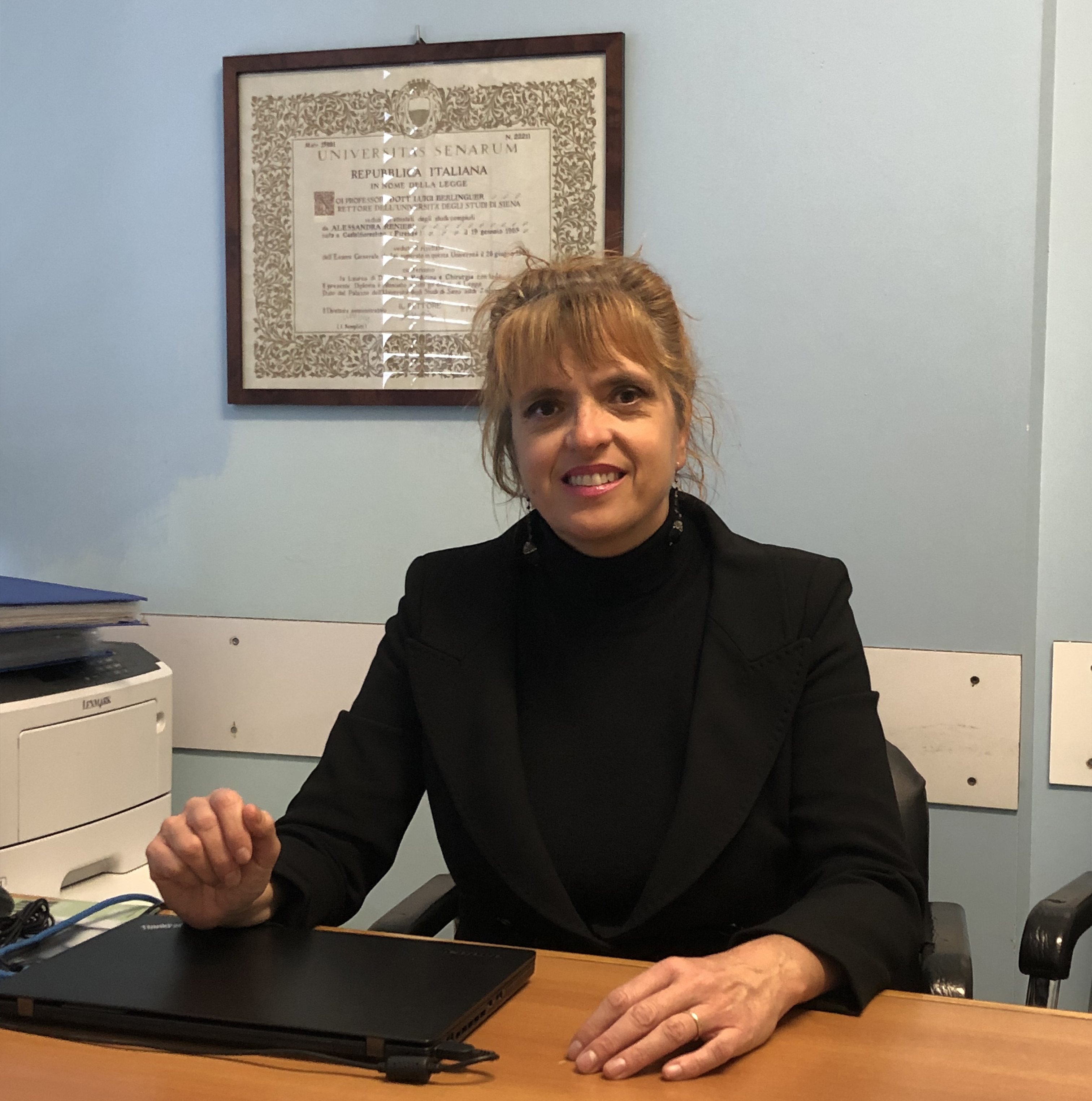
City: Siena, Italy
Institution: Azienda Ospedaliero-Universitaria Senese (AOU Senese)
Position: Full Professor/ Director of the Medical Genetics Unit
Tell us about your academic and/or professional background? Why did you choose this career?
I have a MD degree and a PhD in human genetics, with a specialization in medical genetics. I choose this path because I was fascinated by the power of knowledge of genes, not only in the diagnostic laboratory, but also in the therapeutic field.
What challenges does ERN GENTURIS still face?
I believe the biggest challenge is still finding a way to help people with rare disorders.
What are the key messages you would like to share with the others?
There should be alternative way beside guidelines in order to ensure high quality assistance to the patients.
What do you think is the main benefit of involving patients/patient representatives in ERN GENTURIS?
Have the voice from the other side of the coin.
What is your motto or quote in which you live by as professional or/and individual?
Using guidelines for the clinical assistance is like driving while looking in the mirror.
In the Spotlights: Meet prof. Antonis Kattamis
Posted on 8 May 2023
Name: Antonis Kattamis 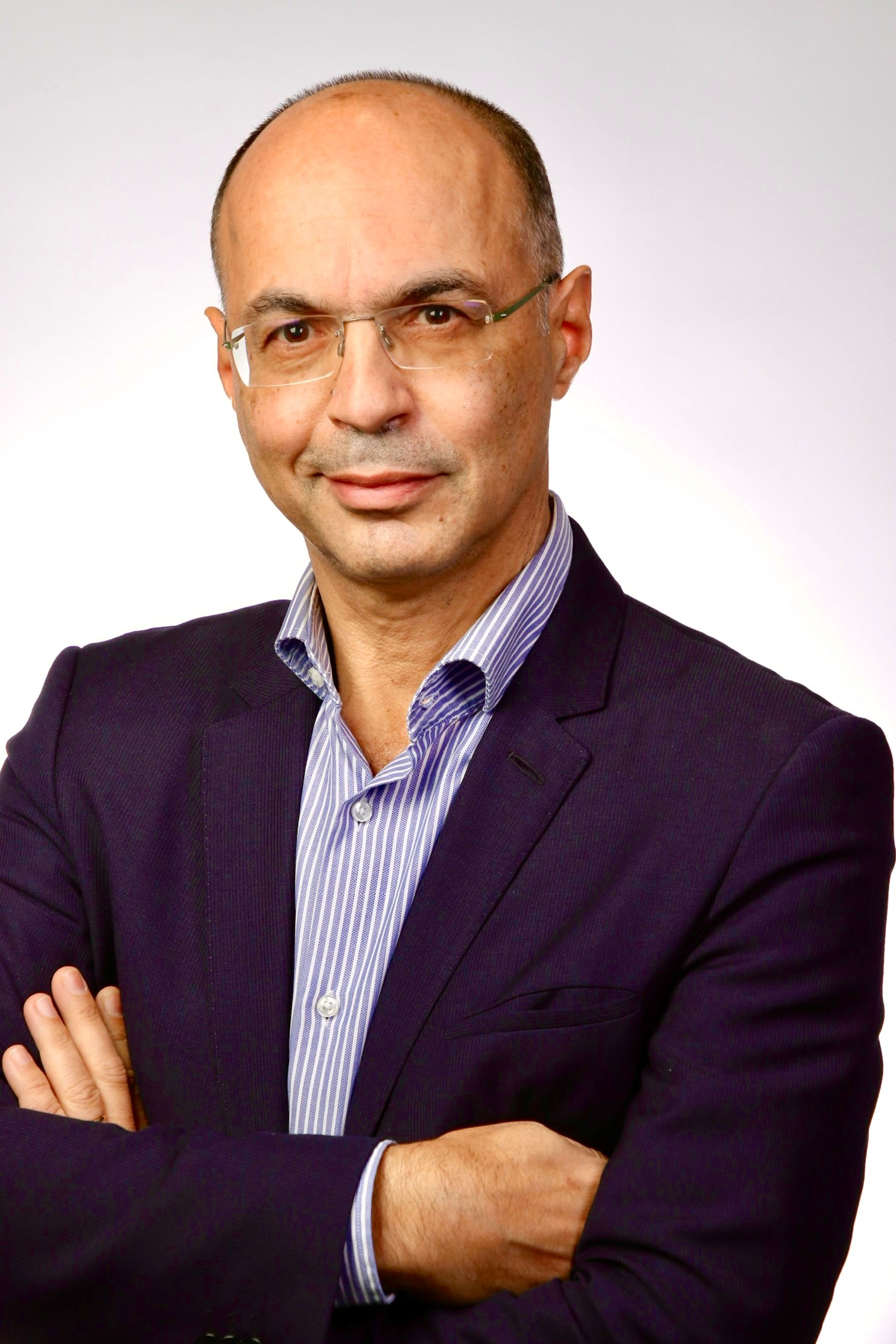
City: Athens, Greece
Institution: Division of Pediatric Hematology-Oncology, First Department of Pediatrics, National and Kapodistrian University of Athens, “Aghia Sophia” Children’s Hospital
Position: Professor of Pediatric Hematology-Oncology, Division Head
Tell us about your academic and/or professional background? Why did you choose this career?
I am a pediatrician, specialized in Pediatric Hematology-Oncology, trained in one of the world’s most prominent programs, at the Children’s Hospital of Philadelphia. I have always loved working with children and adolescents. The field of Pediatric Hematology-Oncology, despite being very challenging, is very fascinating. Trying to do the best and to make a significant impact in the life of these patients and of their families has been the goal of my medical profession.
Which of the rare genetic tumour risk syndromes (GENTURIS) area of expertise do you represent?
The main area of expertise that we represent in GENTURIS is the field of neurocutaneous disorders, especially neurofibromatosis (NF). For the last 10 years, one of our main interests was to organize the Cancer Predisposition Clinic, beginning from the establishment of the multidisciplinary NF Clinic, which was recognized as a Full Member of ERN GENTURIS in 2022.
How did you become involved in ERN GENTURIS and what do you believe are the benefits to joining?
The ERN GENTURIS provides a wide platform to exchange ideas, thoughts, and experiences. Building up collaborative programs aiming at the advancement of science and the well-being of patients are key components of the ERNs. Fostering collaboration is the only means to address rare and complex diseases, such as neurofibromatosis, to improve access to diagnosis and treatment and to ensure the provision of high-quality healthcare for patients all over Europe.
What challenges does ERN GENTURIS still face?
The main challenges derive from the great heterogeneity of the structure and support facilities of the different healthcare providers, which reflect the significant differences between healthcare systems within Europe. This polyphony is one of the greatest advantages, but also weaknesses of this type of collaboration. Another challenge is to communicate the work of ERN GENTURIS at a national level and to better integrate the ERNs to the national healthcare systems.
Since joining ERN GENTURIS, what are your goals in this field?
As one of the few pediatric centers in ERN GENTURIS, we believe we have a lot to offer in attaining the common goals of enhancing scientific knowledge, formulation of guidelines, and of better serving the patients. Pediatric centers can provide substantial information on the clinical course of NF from the early stages of life, which could eventually serve as prognostic markers for long-term clinical course. Finally, organizing educational activities to improve early detection of NF-related manifestations is one of our main goals.
What are the key messages you would like to share with the others?
Working together is the best way to achieve significant tasks. Along with Prof R. Pons, and Drs K. Roka and E. Kokkinou, we established the first multidisciplinary team for NF in Greece, which developed into a center of expertise, and a full member of ERN GENTURIS. We appreciate the Hellenic patients’ organization “Living with NF” support in this joint effort. We feel privileged to participate in this ERN and we encourage other healthcare providers nationally and across Europe to participate.
What is a motto or quote you live by as a professional and individual?
‘No challenge is too big if you have the right team’. It is teamwork that will provide the best care to your patients, the best example to your colleagues, and a balance between professional and private life.
In the Spotlights: Meet Dr. Arvīds Irmejs
Posted on 20 April 2023
Name: Arvīds Irmejs 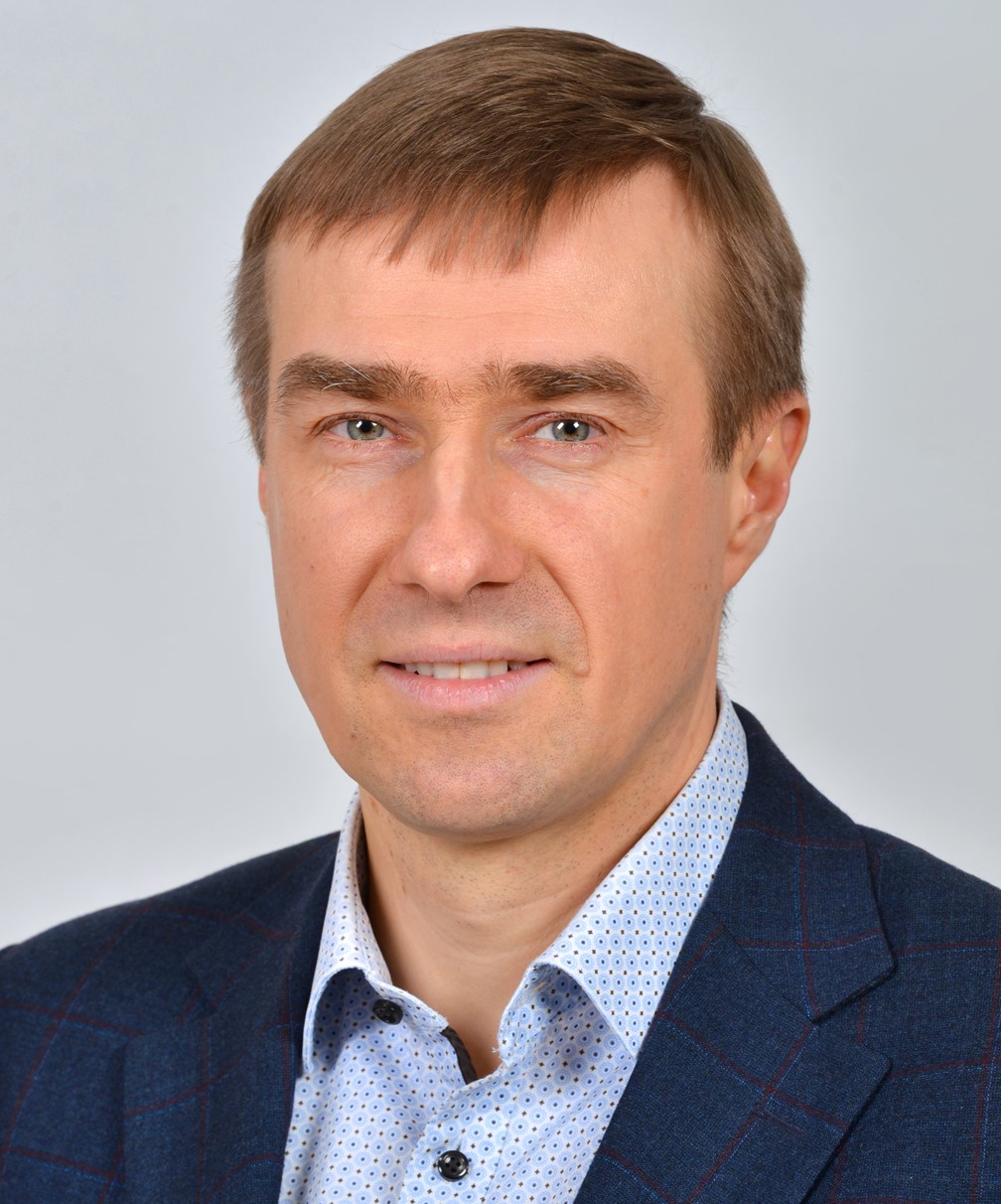
City: Rīga
Institution: Breast Unit, Pauls Stradins Clinical University Hospital/Institute of Oncology, Rīga Stradiņš University
Position: Consultant in breast surgery/associated professor
Tell us about your academic and/or professional background? Why did you choose this career?
My mother was a nurse in hospital and I became closely familiar with medicine quite early in my life. The influence of my parents and strong Christian roots made the decision to study medicine quite straightforward for me.
Which of the rare genetic tumour risk syndromes (GENTURIS) area of expertise do you represent?
Hereditary breast and ovarian cancer.
What does a typical day look like for you? Walk us through your day-to-day work.
Alarm at 5.45 (if early surgery then 5.30)
Arrival at the hospital 7.50 (if early surgery then 7.20)
Morning meeting of Department of Surgery 8.00
Departure from the hospital around 18.00
Monday mornings: Students/office, afternoon clinic/surgery
Tuesday: Surgeries
Wednesday: Clinic/MDT meeting/office
Thursday: Clinic/MDT meeting/weekly surgery planning for breast unit
Friday: Surgeries
Saturday mornings: 8.00-9.30– discharge of patients
Private praxis: Monday and Thursday 18.00-20.00
How did you become involved in ERN GENTURIS and what do you believe are the benefits to joining?
My cancer genetics professor - Prof. Jan Lubinski from Poland invited me to join in 2019. Benefits are huge for both patients and institutions. Public financing for panel testing was obtained. Annual breast MRI screening was introduced. Complicated cases are discussed in CPMS. Participation in research projects (e.g. SolveRD) contributes to finding of molecular background for unsolved cases – e.g. 23-year-old breast cancer patient with TP53 mosaicism. Inter ERN collaboration – e.g. EURACAN.
What challenges does ERN GENTURIS still face?
In our country the administrative staff for ERN GENTURIS activities are covered only 16 hours per month. It is by far not enough, as physicians alone are not able to keep up with all ERN activities in the long run.
Since joining ERN GENTURIS, what have been your goals in this field?
The ultimate goal is to identify all HBOC risk cases in Latvia pre-symptomatic and to secure early diagnosis or risk reduction.
What ERN GENTURIS activities do you participate in and which are your favorite?
Annual meetings, CPMS, National coordinators’ meetings and development of registry – all of which I enjoy.
What are the key messages you would like to share with the others?
It is a great satisfaction (sounds a bit strange) when I receive screening MRI/pathology report on 5mm asymptomatic breast cancer for BRCA1/2 positive case, which otherwise would be diagnosed with symptomatic malignancy. Similarly, more than 100 risk reductive mastectomies performed in our unit during the last decade have prevented dozens of breast cancer cases and related sufferings. It is worth investing in cancer genetics!
What do you think is the main benefit of involving patients/patient representatives in ERN GENTURIS?
Patient reported outcome measurements (PROMs) are very important for improvement of care. Patients’ voice usually has been heard better than physicians by public health care organizers. A recent example in our country is the provision of public funding for post-mastectomy breast reconstruction in asymptomatic BRCA1/2 carriers.
What is a motto or quote you live by as a professional and individual?
Do not be afraid to do too much good.
In the Spotlights: Meet Dr. Remco van Doorn
Posted on 16 March 2023
Name: Remco van Doorn 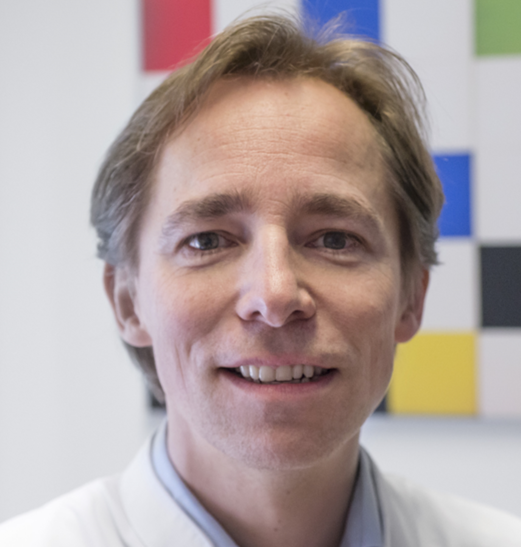
City: Leiden
Institution: Leiden University Medical Center
Position: Dermatologist
We are excited to feature an interview with Dr. Remco van Doorn, a dermatologist from Leiden, the Netherlands.
Tell us about your academic and/or professional background? Why did you choose this career?
During my medical studies I developed an interest in tumour genetics and dermatology. While training as a dermatologist I became involved in cutaneous T-cell lymphoma studies and as a postdoc in melanoma research. At Leiden University Medical Center (LUMC) there is a longstanding interest in hereditary melanoma, which is related to the presence of a large population of carriers of a pathogenic CDKN2A gene variant (p16-Leiden founder mutation) in surrounding towns. Academic dermatology permits me time to spend on translational research.
With clinical geneticists Maartje Nielsen and Christi van Asperen at LUMC, we have a particular expertise in the hereditary melanoma, bowel cancer and breast cancer. My area of interest is mostly limited to familial clustering of melanoma due to CDKN2A and BAP1 gene defects.
What does a typical day look like for you? Walk us through your day-to-day work.
Each day is different. On Monday patients at high risk of melanoma are seen during specific consultation hours and subjected to skin examination, total body photography, dermoscopy, sometimes surgical excision and referred for genetic counseling.
There are many meetings in the week, partly related to research and teaching and too many administrative tasks. We contribute to larger research initiatives on familial melanoma, such as genomics studies and guideline development. In addition, we have initiated studies aimed at understanding the consequences of CDKN2A inactivation and senescence induced by activation of this gene on a cellular level. During the week there are pleasant interactions with dermatology residents, in joint clinical problem solving. Management of familial melanoma is multi-disciplinary, involving clinical geneticists, pathologists, oncologists, surgeons, radiologists, ophthalmologists and gastro-enterologists; the atmosphere at LUMC is very collegiate.
One day of the week I work at Antoni van Leeuwenhoek Hospital (Netherlands Cancer Institute), also to support research collaborations.
How did you become involved in ERN GENTURIS and what do you believe are the benefits to joining?
Maartje Nielsen, Christi van Asperen, clinical geneticists at LUMC, and I thought we might benefit, as national centers of expertise, to join a larger European network partly for the exchange of expertise it would allow. In particular for rare diseases, information to base management decisions on is limited; sharing of expertise, combining datasets and conducting joint studies are necessary to advance our understanding and level of care.
What challenges does ERN GENTURIS still face?
The registration of patient data is a laborious task and the medico-legal aspects may be difficult as well. For small patient groups data registration is feasible, whereas for large patient cohorts this could be challenging for centers where research support is limited.
Since joining ERN GENTURIS, what have been your goals in this field?
Specific goals from the perspective of familial melanoma would be to increase our insight into the substantial proportion of families where no genetic cause for melanoma susceptibility has yet been identified. In addition, the surveillance programs should be based on reliable estimates of risk of different tumour types, which is not available for some of the hereditary tumour syndromes. There might also be cancer treatments specifically tailored to hereditary tumour syndrome patients carrying a certain genetic alteration. The Dutch healthcare system is well-organized, and hereditary cancers are a focus area at LUMC. Expectedly for hereditary melanoma, bowel cancer and breast cancer, our group at LUMC can contribute to the GENTURIS network.
What ERN GENTURIS activities do you participate in and which are your favorite?
Practicing as a dermatologist and not a clinical geneticist, some of the educational activities are of less immediate relevance to me. I particularly enjoyed an online presentation on genetic mosaicism. Several skin diseases present in mosaic form and the visual representation of this genetic phenomenon with patterns, for example demarcated by Blaschko’s lines, can be striking.
What are the key messages you would like to share with the others?
If you would have an ambitious research question, do not hesitate to approach and involve us.
What do you think is the main benefit of involving patients/patient representatives in ERN GENTURIS?
Often the patient is most capable of formulating which medical need is the most pressing. It is important to align our activities as a network to those needs.